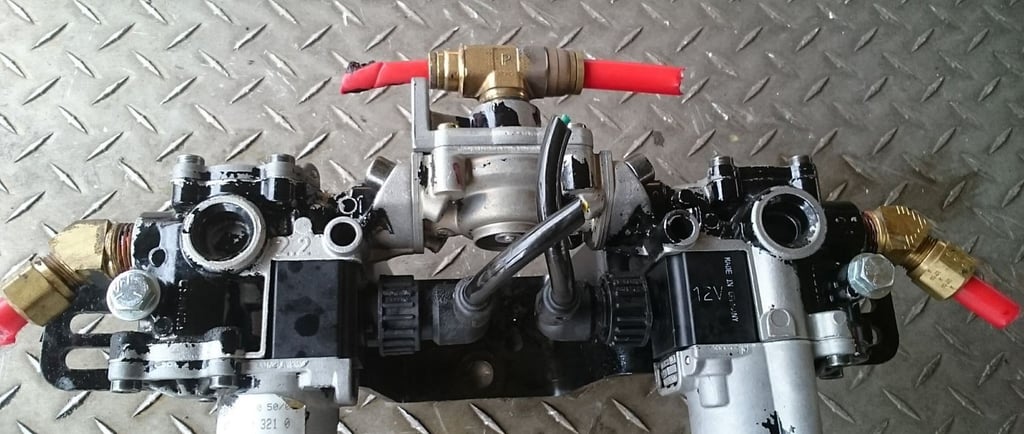Understanding the Operation of the Freightliner Rear ABS Valve
12/26/20241 min read


Introduction to ABS in Freightliner Trucks
Anti-lock Braking System (ABS) is an essential safety feature in modern vehicles, including Freightliner trucks. This system prevents the wheels from locking up during braking, ensuring that the driver maintains steering control. Among the crucial components of the ABS is the rear ABS valve, which plays a significant role in regulating brake pressure and enhancing overall braking performance.
Functionality of the Freightliner Rear ABS Valve
The rear ABS valve is designed to manage the brake pressure applied to the rear wheels. In the case of Freightliner trucks, the correct functioning of this valve is vital for optimal braking performance, especially in wet or slippery conditions. When the driver applies the brakes, the ABS system monitors wheel speed and evaluates if any wheels are at risk of locking up. If this is detected, the rear ABS valve modulates brake pressure, allowing the wheels to continue turning while still applying braking force. This modulation is essential to prevent uncontrolled skidding and loss of vehicle control.
Importance of Regular Maintenance
To ensure the proper working of the Freightliner rear ABS valve, regular maintenance and inspections are mandatory. Mechanics should check for any signs of wear or damage in the valve and associated components. Any issues spotted should be addressed promptly, as a malfunctioning valve can lead to decreased braking efficiency and increased stopping distances. Additionally, drivers should keep an eye on the ABS warning lights on their dashboard to respond swiftly to any emerging problems.
In summary, understanding the operation of the Freightliner rear ABS valve is crucial for maintaining optimal vehicle performance and safety. By ensuring that this system is in good working order, drivers can enjoy a stable and secure driving experience, which is essential in the demanding environment of commercial trucking.
Support
Ask questions and share truck repair tips.
Connect
© 2025. All rights reserved.
